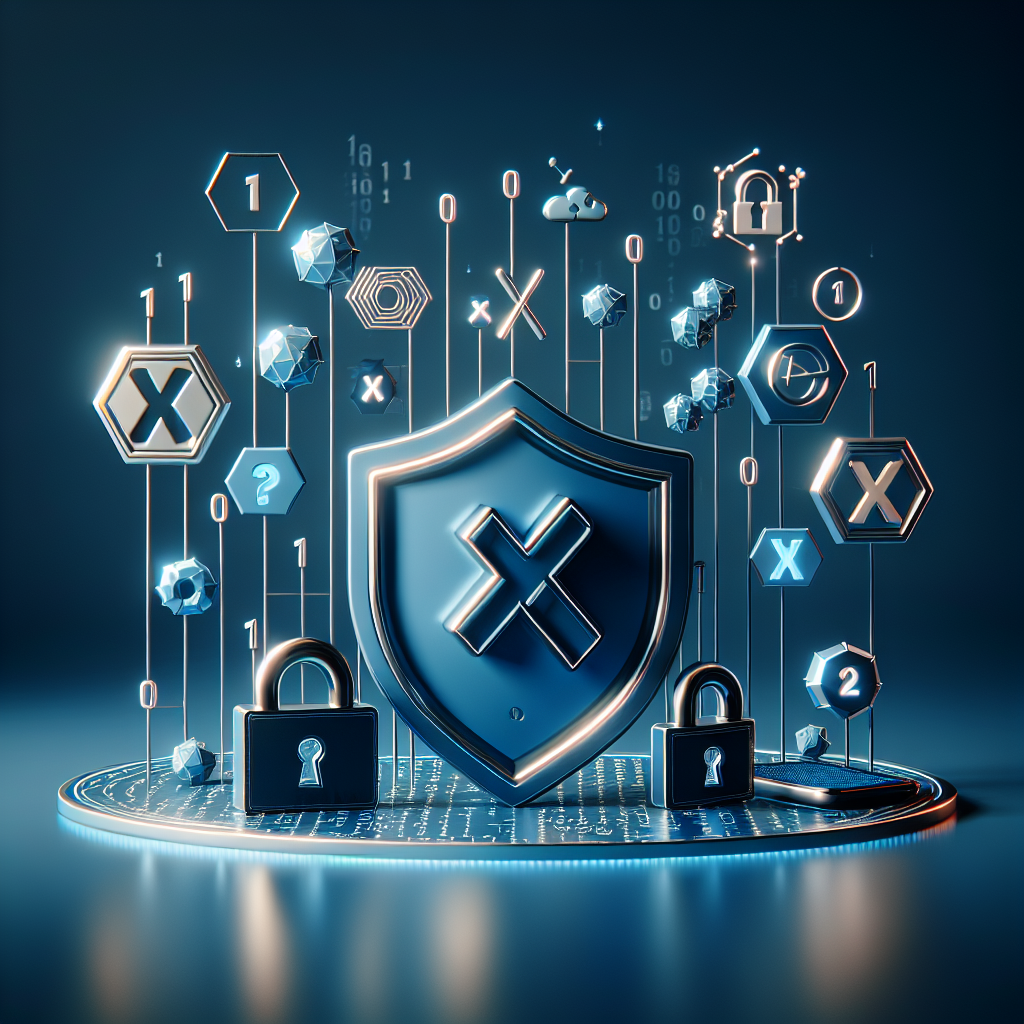Cybersecurity is a hot topic in today’s digital age, with hackers constantly finding new ways to infiltrate systems and steal sensitive information. However, there are many myths and misconceptions surrounding cybersecurity that can lead to false sense of security and potentially put individuals and organizations at risk. In this article, we will debunk some of the most common cybersecurity myths to help you better protect yourself and your data.
Myth #1: Only big companies are targeted by hackers.
Many people believe that hackers only target large corporations and organizations with valuable data. While it is true that big companies are often targeted due to the potential for a large payday, hackers also target individuals and small businesses. In fact, small businesses are often more vulnerable to cyber attacks due to their lack of resources for robust cybersecurity measures. It is important for everyone to take cybersecurity seriously, regardless of the size of their organization.
Myth #2: Antivirus software is enough to protect against all threats.
Antivirus software is an important tool in the fight against cyber threats, but it is not a foolproof solution. Hackers are constantly developing new types of malware and other malicious software that can evade detection by antivirus programs. Additionally, antivirus software cannot protect against all types of cyber threats, such as phishing attacks or social engineering tactics. It is important to supplement antivirus software with other cybersecurity measures, such as strong passwords, regular software updates, and employee training.
Myth #3: Cybersecurity is the IT department’s responsibility.
While the IT department plays a crucial role in implementing and maintaining cybersecurity measures, cybersecurity is everyone’s responsibility. All employees should be trained on best practices for cybersecurity, such as how to recognize phishing emails, how to create strong passwords, and how to secure their devices. Additionally, employees should be encouraged to report any suspicious activity to the IT department so that potential threats can be addressed in a timely manner.
Myth #4: Macs are immune to malware.
Many Mac users believe that their devices are immune to malware and other cyber threats. While it is true that Macs are less likely to be targeted by hackers than Windows PCs, they are not completely immune to cyber attacks. As Macs have gained popularity in recent years, hackers have begun developing malware specifically targeted at Mac users. It is important for Mac users to install antivirus software and practice good cybersecurity habits to protect their devices and data.
Myth #5: Cybersecurity is too expensive and complicated for small businesses.
Many small businesses believe that cybersecurity is too expensive and complicated for them to implement. While it is true that cybersecurity can be a significant investment, there are many affordable and user-friendly cybersecurity solutions available for small businesses. In fact, the cost of a cyber attack can be far greater than the cost of implementing cybersecurity measures. Small businesses can start by conducting a cybersecurity risk assessment to identify their vulnerabilities and prioritize their cybersecurity efforts.
In conclusion, it is important to debunk common cybersecurity myths in order to protect yourself and your organization from cyber threats. By understanding the realities of cybersecurity and taking proactive measures to secure your data, you can reduce the risk of falling victim to a cyber attack. Remember, cybersecurity is a shared responsibility that requires vigilance and cooperation from everyone in your organization.

Leave a Reply
You must be logged in to post a comment.